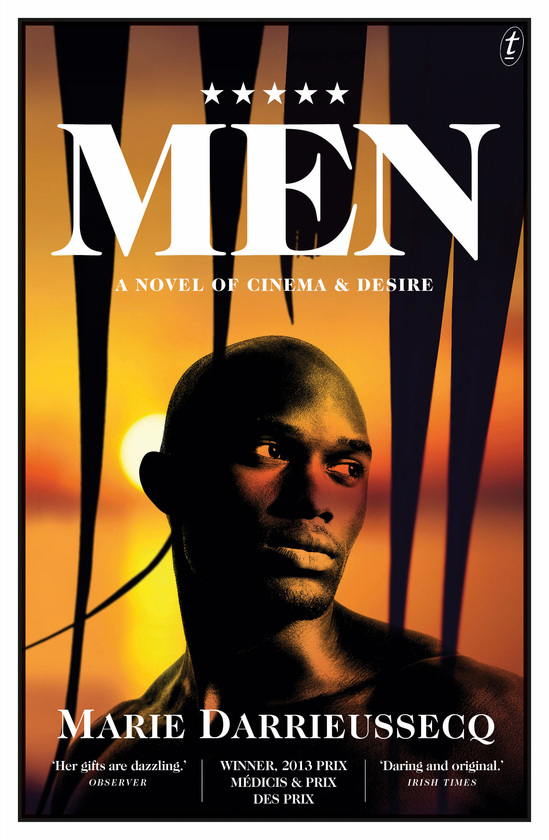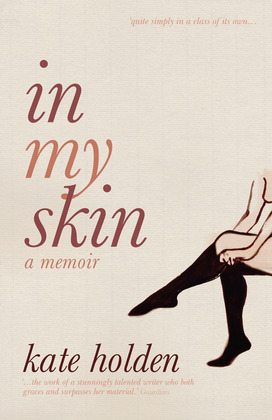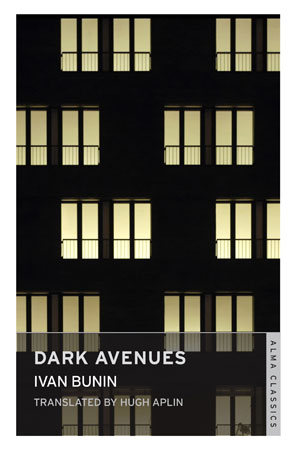 As a protagonist, Lily is not easy to love. She isn’t down to earth and feisty like a Jane Austen heroine or destitute and virtuous like one of Thomas Hardy’s. She is vain, materialistic, and small-minded. She obsesses over clothes, incomes, and table settings, and is cruel to the friends whose modest means render them socially useless to her.
As a protagonist, Lily is not easy to love. She isn’t down to earth and feisty like a Jane Austen heroine or destitute and virtuous like one of Thomas Hardy’s. She is vain, materialistic, and small-minded. She obsesses over clothes, incomes, and table settings, and is cruel to the friends whose modest means render them socially useless to her.
Tag: literature
A review of The Restorer by Michael Sala
 Maryanne’s own sense of self in relation to her overbearing mother and Freya’s sense of self in relation to Maryanne are handled with such richness that they give the story a great deal of depth, even as it pushes towards its inevitable outcome. The Restorer is a beautifully written and very powerful fiction that not only shines a light on the deep roots of domestic violence but also plays with the line of what remains in the face of such destruction. Sala’s story that will stay with the reader long after the book is finished.
Maryanne’s own sense of self in relation to her overbearing mother and Freya’s sense of self in relation to Maryanne are handled with such richness that they give the story a great deal of depth, even as it pushes towards its inevitable outcome. The Restorer is a beautifully written and very powerful fiction that not only shines a light on the deep roots of domestic violence but also plays with the line of what remains in the face of such destruction. Sala’s story that will stay with the reader long after the book is finished.
A review of Little Nothing by Marisa Silver
 With these recurring themes and patterns of place, Silver establishes an internal logic to a book that otherwise often appears random and almost too wondrous. But because of her skill with both description and with the larger structure of the work itself, Silver is able to craft a coherent narrative that works both as a fairytale and a question. Little Nothing leaves a reader both entertained and puzzled; like a work of art should,
With these recurring themes and patterns of place, Silver establishes an internal logic to a book that otherwise often appears random and almost too wondrous. But because of her skill with both description and with the larger structure of the work itself, Silver is able to craft a coherent narrative that works both as a fairytale and a question. Little Nothing leaves a reader both entertained and puzzled; like a work of art should,
A review of Men by Marie Darrieussecq
 Solange’s journey is one that takes her into her own heart of darkness, where she finds her limitations, her humiliations and restrictions, and the cultural, political, gendered and racial stereotypes through which she has defined herself. Throughout the novel she begins to unravel these, unwinding herself slowly until she is temporarily removed altogether as subject.
Solange’s journey is one that takes her into her own heart of darkness, where she finds her limitations, her humiliations and restrictions, and the cultural, political, gendered and racial stereotypes through which she has defined herself. Throughout the novel she begins to unravel these, unwinding herself slowly until she is temporarily removed altogether as subject.
A review of In My Skin and The Romantic by Kate Holden
 Reading Kate Holden’s In My Skin and The Romantic together is a little unsettling. It almost feels as though a third part in the trilogy is missing: the story where the protagonist finds peace. The character arc from one book to another is quite powerful, taking Holden through a series of major changes – some terrifying and some quite wonderful Both books are confronting in very different ways.
Reading Kate Holden’s In My Skin and The Romantic together is a little unsettling. It almost feels as though a third part in the trilogy is missing: the story where the protagonist finds peace. The character arc from one book to another is quite powerful, taking Holden through a series of major changes – some terrifying and some quite wonderful Both books are confronting in very different ways.
A review of The Fugue by Gint Aras
 The Fugue is thus a novel of paradoxes. Inspired by a notion of the harmonious and contrapuntal progression of musical voices through time, it is equally a story about being stuck in someone else’s nightmare. An epic saga of family lives and losses, it is also a chamber piece with surprisingly few characters. Located squarely in Cicero, its moral implications ripple outwards to cover the entire world. I could not help remembering that faire fugue, in French, means to run away.
The Fugue is thus a novel of paradoxes. Inspired by a notion of the harmonious and contrapuntal progression of musical voices through time, it is equally a story about being stuck in someone else’s nightmare. An epic saga of family lives and losses, it is also a chamber piece with surprisingly few characters. Located squarely in Cicero, its moral implications ripple outwards to cover the entire world. I could not help remembering that faire fugue, in French, means to run away.
A review of Go Set a Watchman by Harper Lee
 Watchman is a coming-of-age story about 26-year-old Jean Louise who is racially tolerant and non-apologetic towards Maycomb’s prevalent bigotry. Upon discovering that her closest friends and family have adopted the very social standards that Atticus fought against in Mockingbird, Jean Louise must find her own moral code and identity. “Prejudice, a dirty word, and faith, a clean one, have something in common: they both begin where reason ends.”
Watchman is a coming-of-age story about 26-year-old Jean Louise who is racially tolerant and non-apologetic towards Maycomb’s prevalent bigotry. Upon discovering that her closest friends and family have adopted the very social standards that Atticus fought against in Mockingbird, Jean Louise must find her own moral code and identity. “Prejudice, a dirty word, and faith, a clean one, have something in common: they both begin where reason ends.”
A review of Unspeakable Things by Kathleen Spivack
 Kathleen Spivack’s Unspeakable Things has everything a great novel, let alone debut novel, should have. There’s irreverent passion, unexpected ways of shocking, a healthy libido (in this case the two are connected), light touches of magical realism, and poeticism.
Kathleen Spivack’s Unspeakable Things has everything a great novel, let alone debut novel, should have. There’s irreverent passion, unexpected ways of shocking, a healthy libido (in this case the two are connected), light touches of magical realism, and poeticism.
A review of Dark Avenues by Ivan Bunin
 If you’re looking for a point of comparison, I’d say Bunin as a writer is similar to Chekhov, that’s his model. Though he is darker, more risqué and also narrower in his sympathies. There are some people, you feel, that Bunin is just not interested in – something you never feel with Chekhov. There are some people, you feel, that Bunin is just not interested in – something you never feel with Chekhov. Bunin is a little old-fashioned or out of touch too, you sense. Set in his ways. You read a story written in the ‘40s – and so contemporaneous with Hemingway, Waugh and Greene – and the people are behaving like turn of the century Russian nobility.
If you’re looking for a point of comparison, I’d say Bunin as a writer is similar to Chekhov, that’s his model. Though he is darker, more risqué and also narrower in his sympathies. There are some people, you feel, that Bunin is just not interested in – something you never feel with Chekhov. There are some people, you feel, that Bunin is just not interested in – something you never feel with Chekhov. Bunin is a little old-fashioned or out of touch too, you sense. Set in his ways. You read a story written in the ‘40s – and so contemporaneous with Hemingway, Waugh and Greene – and the people are behaving like turn of the century Russian nobility.
A review of A Regicide by Alain Robbe-Grillet
 For a novel written in 1947, half-heartedly revised in 1957 and finally published in France in 1978, A Regicide is a disconcertingly contemporary read. Moreover, it is possible to place your finger on exactly why this is so: Robbe-Grillet’s frequent descriptions of nature, of plants and insects and coastline, as fragile and precarious: that’s what strikes home. The island kingdom where an assassination (imagined? actual?) is played out is battened by tempests, beset by drought. Seasons are awry.
For a novel written in 1947, half-heartedly revised in 1957 and finally published in France in 1978, A Regicide is a disconcertingly contemporary read. Moreover, it is possible to place your finger on exactly why this is so: Robbe-Grillet’s frequent descriptions of nature, of plants and insects and coastline, as fragile and precarious: that’s what strikes home. The island kingdom where an assassination (imagined? actual?) is played out is battened by tempests, beset by drought. Seasons are awry.